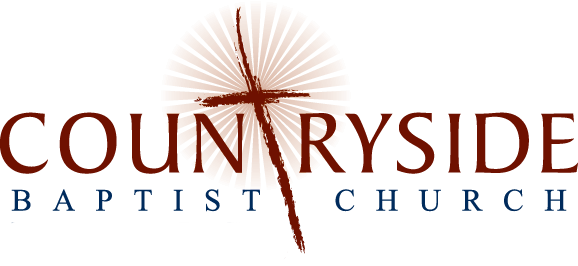ACCESS vs TULIP | Acts 13:48b
May 9, 2021
Lifelong Southern Baptists grew up memorizing John 3:16 as the most important truth in Scripture. We were taught at least three truths. One: God loves everybody; Two: Jesus died for everybody: and three: anybody, anywhere can be saved. I later learned that there exists a circle of Christians who do not hold to John 3:16 as I had been taught. They do not believe that God loves everyone. Neither do they believe that Jesus died for everyone, nor do they believe that anyone and everyone can be saved. Are they right? Are those who taught me wrong? How do we know which teaching is correct? Can we be sure? Ready yourself. The answer is just ahead.










